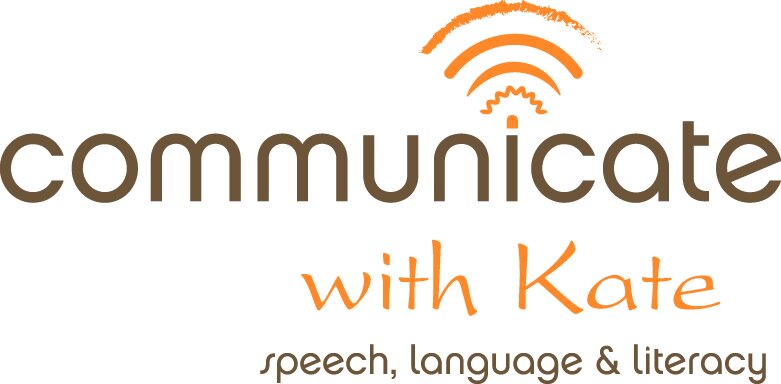Why Reading Matters with Your Little Ones!
I'm a bit late as MARCH was National Reading Awareness Month, but this topic is too important NOT to write about so better late than never! Here are just a few facts to think about when it comes to reading and your child's language/literacy development. . .
Some children will hear 30 million FEWER words than their peers by age 4. Studies have shown that the number of words a child knows when entering kindergarten is predictive of future learning success. (Hart & Risely, 2003)
Children not reading proficiently by third grade are 4 times more likely to drop out of school. (Juel, 1988/Annie E. Casey Foundation 2012)
Less than half (48%) of the adult [American] population now reads literature for pleasure. This decline in reading literature occurs across all ages, sexes and races. The decline is most pronounced among the young. (National Endowment for the Arts – “To Read or Not to Read”; corroborated by “Adult Literacy in America” a report from the National Center for Educational Statistics)
Approximately 48% of young children are read to everyday in this country. (Readaloud.org)
These are some scary sounding (but true!) statistics! But here's the good news folks! There is something YOU can do to change these outcomes for your little ones. .
Research shows that reading aloud is the single most important thing you can do to prepare your child for reading and learning!
Reading just 15 minutes per day, for 5 years, adds up to 27,375 minutes (or 456 HOURS of reading time)! That's a LOT of language, vocabulary, concepts and quality snuggle time with your kiddos! (readaloud.org)
The greatest amount of brain growth occurs between birth and age five. In fact, by age 3, roughly 85% of the brain’s core structure is formed. In contrast, the majority of our investments are made in the traditional education years of K-12, which begin at age five. “Lifetime Effects: The High/Scope Perry Preschool Study Through age 40.” Ypsilanti, MI: High/Scope Educational Research Foundation, 2005.
Given the course of brain development, it is not surprising that young children who are exposed to certain early language and literacy experiences usually prove to be good readers later. Just as a child develops language skills long before being able to speak, the child also develops literacy skills long before being able to read. National Research Council. (1998). Preventing Reading Difficulties in Young Children. Washington, D.C.: National Academy Press.
So these are the facts. There is such an explosion of development going on in your little one's brains, particularly in those first 3 years of life. It's easy to think about those K-12 'school years' as being the most important in our child's reading/literacy development but research tells us otherwise. READING to our children, from infancy on, is the key. In doing this, we help our children develop vocabulary, language, knowledge about the world and, hopefully, foster a life long love of books and learning. In short, we set them up for success before they even walk through those kindergarten doors!
Take a look at this great website for more information and GREAT tips on reading aloud with your children:
Also from this site. . . Read aloud Tips for Babies and Toddlers with great book recommendations
15 Read Aloud Tips from readaloud.org
Please share some of your favorite books that you and your children love to read, including those for our older, more independent readers! Thanks for READING. . . .


